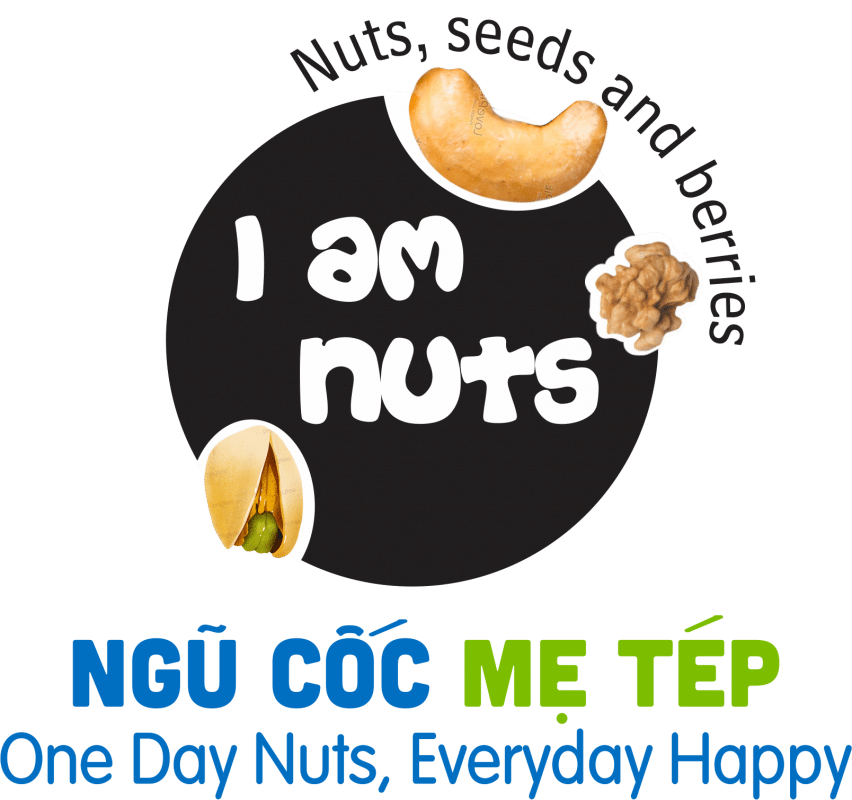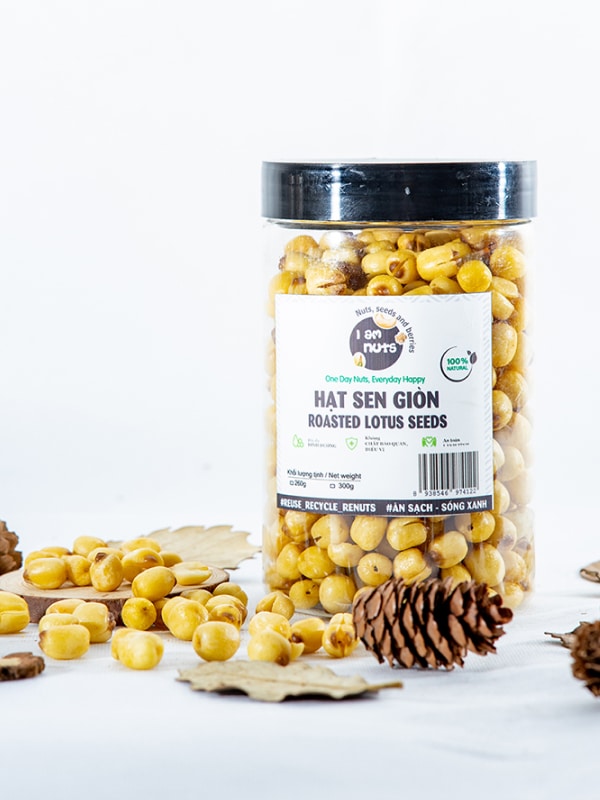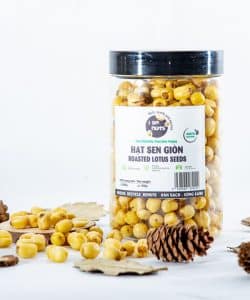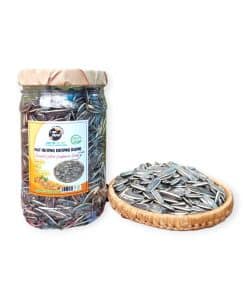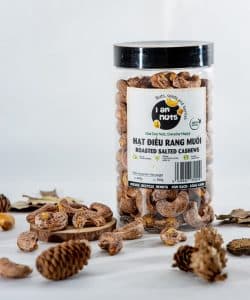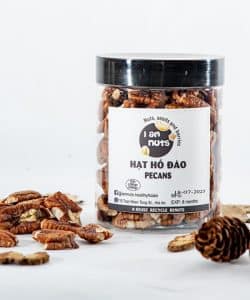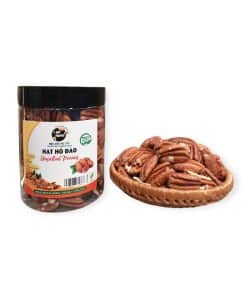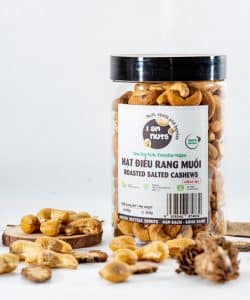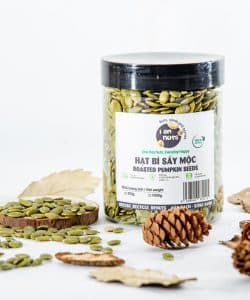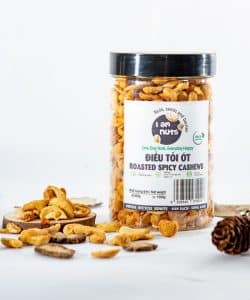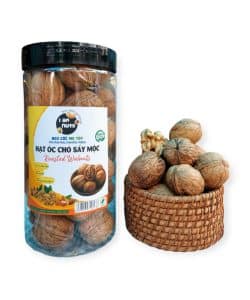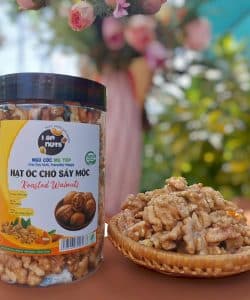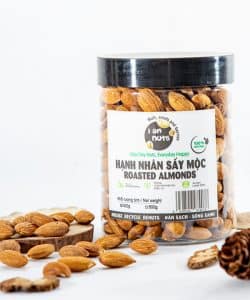Hạt Sen Giòn – Roasted unsalted Lotus Seeds 260gram
215.000 VND
Hạt Sen Giòn – Roasted unsalted Lotus Seeds 260gram
Hạt sen là thực phẩm giàu carbohydrate, protein thực vật, chất xơ và các vitamin, khoáng chất thiết yếu. Ăn hạt sen thường xuyên có lợi cho tiêu hóa, tim mạch, não bộ và da.
Lotus seeds are rich in carbohydrates, plant-based proteins, fiber and essential vitamins and minerals. Eating lotus seeds regularly can benefit digestion, cardiovascular health, brain and skin.
